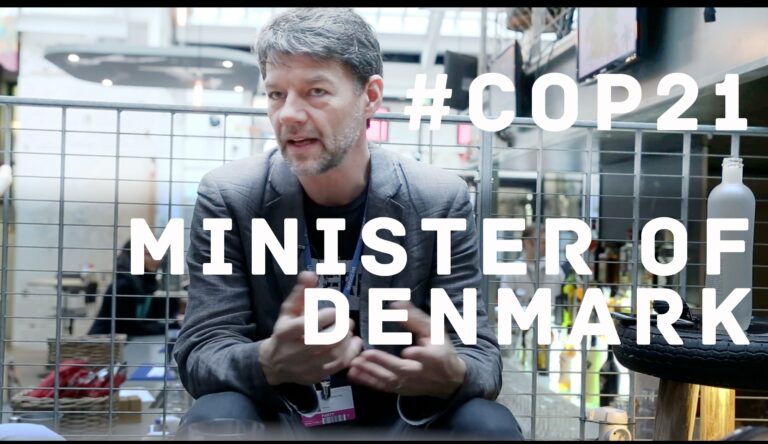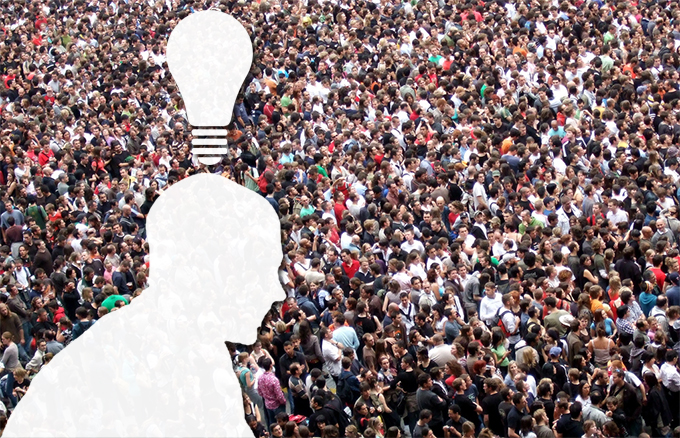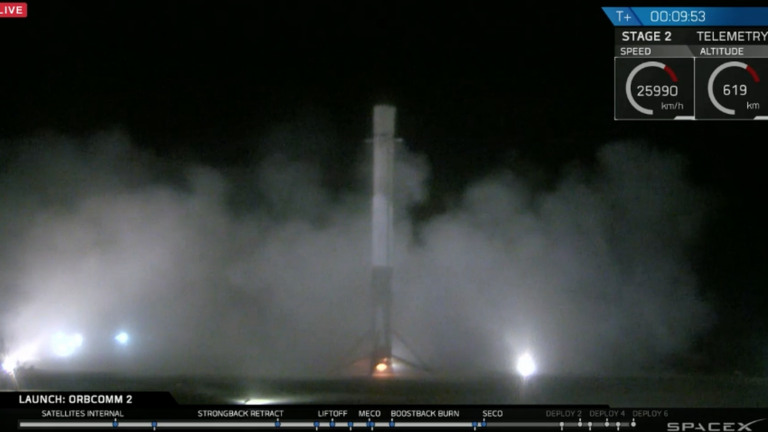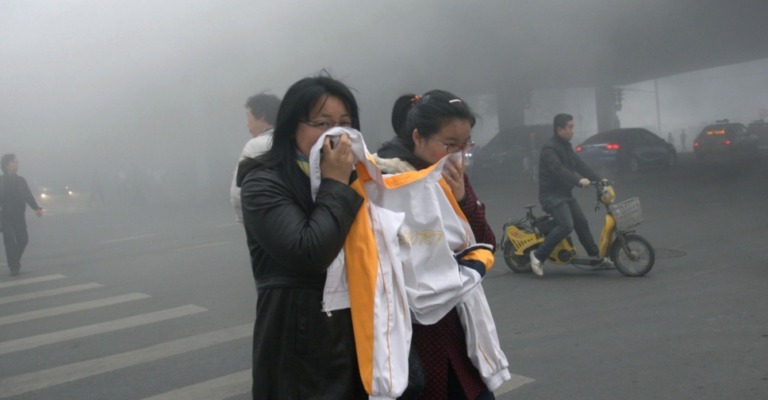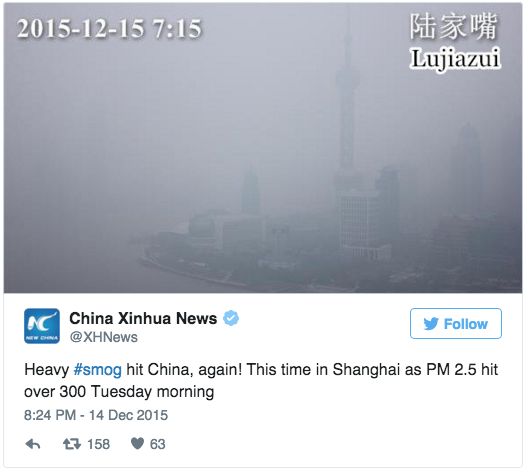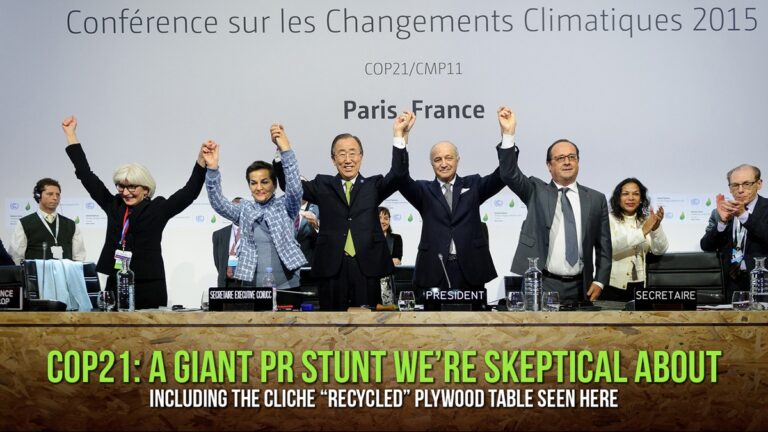by Jill SuttieThis article was originally published by Greater Good in Action.
The shooting death of Michael Brown in Ferguson, Missouri, and the choking death of Eric Garner in New York City have shaken American society to its core, triggering waves of protests. Most Americans seem to feel that racism played a role in these deaths-that they never would have happened if the victims had been white.
While we struggle to make sense of it all, we may also wonder what we would have done if we were in those same situations, as either the unarmed victims or the police. Would we have acted with more caution? Might we have been subject to the same biases that led to these tragedies? And could our conscious brains have overridden any hidden biases we hold?
A new study suggests that, yes, it can be done-and the key might be cultivating nonjudgmental, moment-to-moment awareness of thoughts and feelings.
Research has shown that most of us make split second assumptions about people based on superficial differences in appearance. Scientists have learned to study these unconscious biases using a test called the Implicit Assumptions Test or IAT, which measures how quickly people associate negative or positive words-like “bad” or “good”-with photos of people representing different social groups-such as African Americans or the disabled-flashed upon a screen. Prior studies have shown that white participants taking the IAT tend to have quicker response times when pairing words representing “good” characteristics with white faces and words representing “bad” characteristics with black faces, reflecting their biases about blacks and whites.
This research has real-world implications. Negative associations have been shown to affect how quick study participants are to shoot at a black suspect versus a white suspect when presented with a simulated experience that involves making that decision under ambiguous conditions or time constraints-the kind of decision police officers repeatedly face in their work. Another study found that even trained police officers, when primed to see blacks as dangerous under simulated conditions, are more likely to shoot blacks than whites, whether or not the suspect had a gun.
Interestingly, studies have found that implicit associations, though largely unconscious, are malleable; these studies have identified ways to mitigate negative associations. For example, one study has shown that presenting whites with images of exemplary figures from black history-such as Martin Luther King, Jr.-reduces their knee-jerk negative evaluations of blacks and their knee-jerk positive evaluations of whites. In addition, some studies have suggested that putting people in a positive mood-even just getting them to smile-can interrupt negative implicit attitudes, while other studies suggest that cross-racial friendships also may attenuate implicit biases.
Now, a newly published study by researchers Adam Lueke and Brian Gibson of Central Michigan University suggests another way to impact implicit assumptions: mindfulness.
In their study, 72 white college students were measured on their levels of implicit bias of blacks and the elderly using the IAT. Some participants then listened to a 10-minute mindfulness meditation in which they were instructed to “become aware of bodily sensations (heartbeat and breath) and fully accept these sensations and any thoughts without restriction, resistance, or judgment”; other participants listened to a recording about natural history, voiced by the same narrator. Afterwards, the two groups of students were evaluated on their levels of mindfulness and then reassessed on their levels of implicit bias using the IAT.
Results showed that people who listened to the 10-minute mindfulness recording demonstrated less implicit bias against blacks and old people on the race and age IATs than individuals who listened to the other 10-minute recording. In other words, the mindfulness intervention decreased students’ automatic biases against blacks and older adults.
Why might that be? Mindfulness has been shown before to interrupt the link between past experience and impulsive responding. For example, mindfulness training has been shown to help overeaters decrease the automatic attractiveness of fatty foods, allowing them to resist eating those foods when the foods are presented to them. Mindfulness also encourages a kind of open awareness that can make one more attuned to what’s actually occurring in the present moment-hypothetically allowing one to filter out preconceptions from actual experience, and thereby decrease bias.
One interesting consideration is that in the present study the mindfulness training was very brief and non-specific-in other words, the authors did not specifically try to train the participants in bias-reduction. This leads the authors to suggest that brief mindfulness training may be a good substitute for-or may augment-more traditional anti-bias training.
Could mindfulness training for police officers have made a real difference in Ferguson or New York? It’s hard to say. Even the authors of this study resist equating mindfulness training and bias reduction with decreased racist behavior in the real world, though their lab is currently trying to assess whether or not mindfulness could have that impact.
Still, if such a brief mindfulness intervention can reduce biases, it makes a strong case for teaching mindfulness to youth-and adults as well. If we could all learn to keep some of our knee-jerk biases in check, perhaps we might stand a better chance of preventing future Fergusons from happening again.








